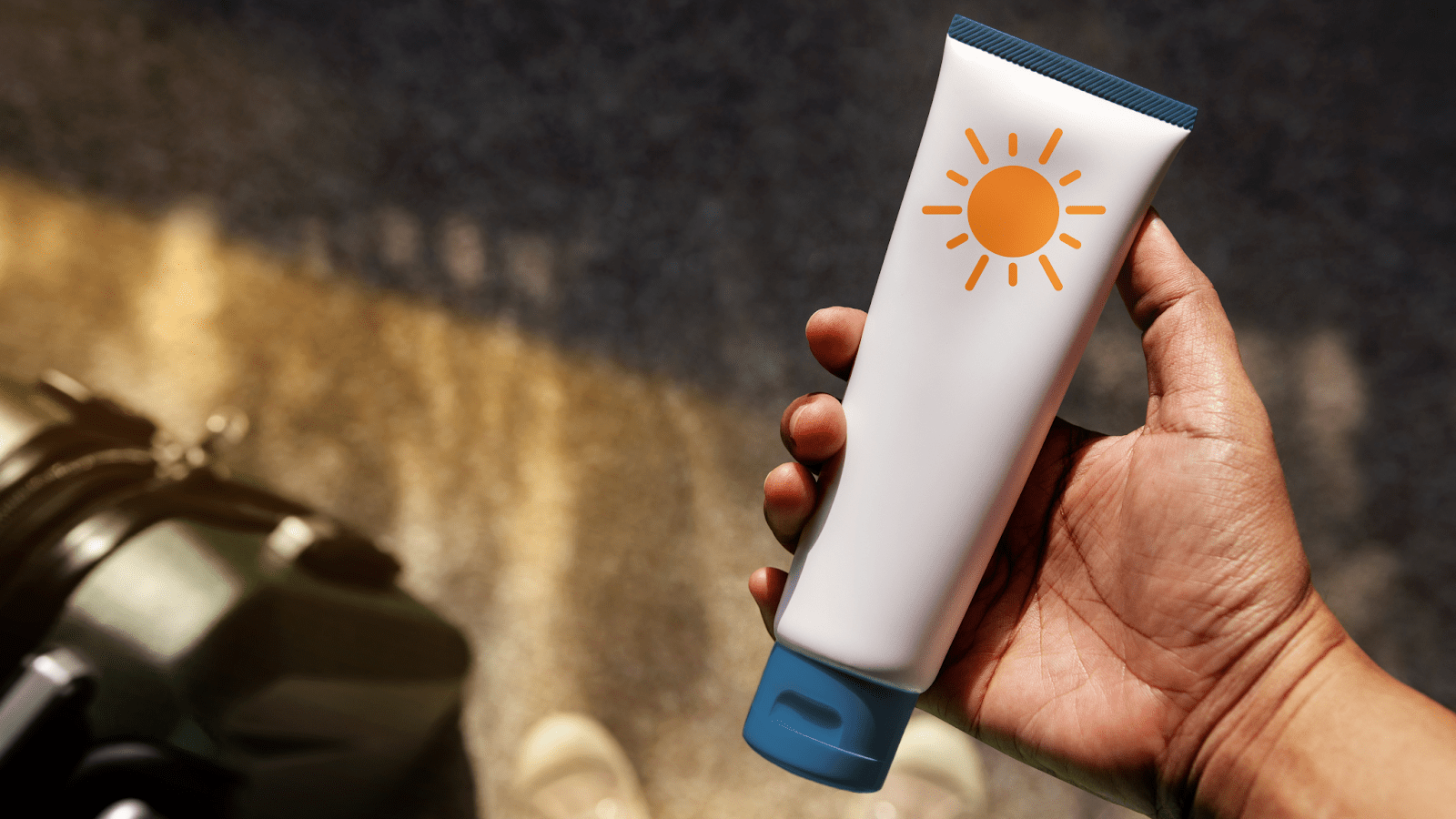Finding a trustworthy source of large quantities of sunscreen is crucial for companies looking to launch or grow their product lines in the cutthroat sun care market. The sunscreen’s quality, uniformity, and regulatory compliance directly impact the end product’s effectiveness and reputation. Businesses navigating the sourcing and procurement process for bulk sunblock should take note of the points this guide highlights.
Comprehending the Fundamental Needs for Bulk Sunblock
Businesses must specify their needs precisely before starting the supplier hunt. This includes the kind of sunscreen (lotion, spray, gel, etc.), the required SPF, the active ingredients, and any other characteristics like water resistance or certain certifications. Comprehending the intended market and customer inclinations enhances the product specifications even more.
Another important consideration is the amount of bulk sunblock needed. The company’s production and inventory management methods should be in line with minimum order quantities and lead times. Companies also need to consider their spending limits and look for vendors that can provide affordable prices without sacrificing quality.
Bulk Sunblock: Assessing Provider Qualifications
Businesses may start assessing possible providers after the specifications are set. A thorough evaluation requires examining all facets of the supplier’s business. Processes for quality control and manufacturing capability are crucial. In addition to having the necessary certifications, the supplier should follow Good Manufacturing Practices (GMP). Companies might ask for the supplier’s quality assurance methods, testing schedule, and manufacturing capacity.
In the sun care business, regulatory compliance is a given. The provider is expected to guarantee that the bulk sunblock complies with all relevant requirements in the intended markets. This involves abiding by FDA rules in the US or similar authorities in other countries. An effective supplier relationship depends on clear and honest communication.
Companies should find out how responsive the supplier is, how eager they are to handle issues, and whether or not they can provide technical help. A cooperative strategy promotes trust and makes activities run more smoothly. Businesses may also ask for samples of the bulk sunblock to assess its efficacy, quality, and texture. Stability testing further assures the product’s durability and efficacy in several scenarios.
Bulk Sunblock: The Chemistry and Physics of Efficient Sourcing
Being aware of the science behind sunscreen makes making wise choices throughout the sourcing process easier. Bulk sunblock mainly operates via two methods: Compounds like zinc oxide and titanium dioxide provide a physical barrier on the skin that reflects and disperses UV rays.
These substances, such as oxybenzone and avobenzone, absorb UV light and transform it into safe heat energy. The intended product features and target market determine which filter to use—chemical, physical, or a mix of the two. Regulatory constraints, environmental effects, and skin sensitivity are all important considerations for businesses when choosing active substances.
Due to the worldwide nature of the sun care sector, businesses may access a broad selection of providers. However, logistical issues, communication barriers, and cultural differences often pose difficulties. Companies need to carefully assess the supplier’s location, shipping capacity, and foreign trading expertise. Clear communication and expectations about lead times and delivery dates may prevent supply chain interruptions.
Conclusion
Choosing the correct provider establishes a long-term collaboration; it’s not just a transactional choice. Businesses should choose suppliers based on shared values, a dedication to excellence, and future-focused goals. A solid supplier relationship encourages collaboration, creativity, and reciprocal development. By devoting time and energy to choosing the ideal partner, companies can guarantee a steady stream of superior bulk sunscreen, allowing them to prosper in the ever-changing sun care industry.




